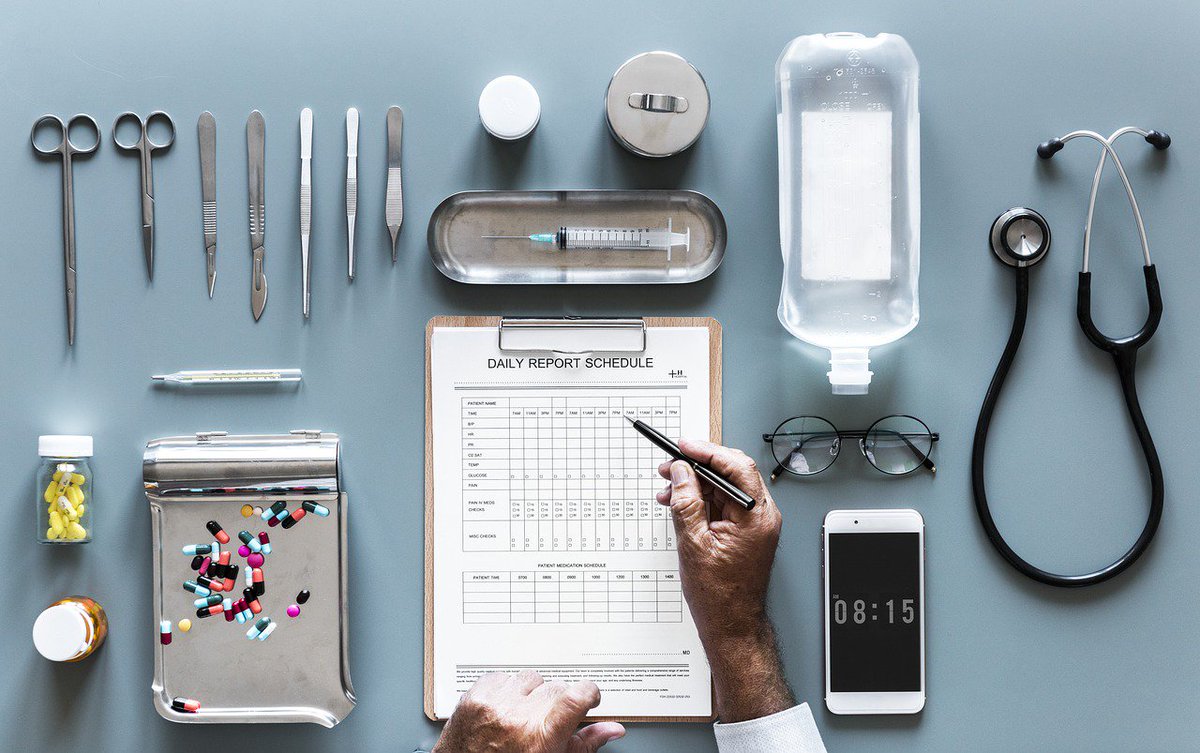Health System
@drawandstrike @ThomasWictor @TheChiIIum @HNIJohnMiller @jihadaeon1 @rising_serpent @_ImperatorRex_ @Debradelai @LarrySchweikart @ScottAdamsSays
fcc.gov/document/commi…
University of Virginia Health System in Charlottesville, Virginia. Dr. Karen Rheuban, an expert in telehealth, hosted Commissioner Carr at UVA.
speed broadband networks increase access to and lower the cost of healthcare, especially in
rural and low-income areas that often lack the same access to affordable healthcare options
as those living in other parts of the country.
hospitals and clinics, patients now have access to the most cutting-edge, broadband-enabled
technologies.
broadband deployments to these facilities. When patients leave the doors of those facilities,
their access to high-tech healthcare services often drops off.
are helping to fill that gap. From pediatric cardiology to opioid dependency treatment,
remote patient monitoring and mobile health apps can greatly reduce costs and improve
outcomes.
toward connected care everywhere and how the FCC can help promote remote patient
monitoring and related telehealth technologies.”
Commissioner Carr began his tour at the
UVA’s Children’s Hospital,
learned about their pediatric cardiology
program, which brings high-tech care to
the home. With an iPad and a Locus
Health app, daily weight, heart rate, and
oxygen levels can be tracked remotely,
which decreases the need for high-risk
pediatric patients to undergo...
and invasive procedures.
Commissioner Carr then headed to
UVA’s Karen S. Rheuban Center for
Telehealth, where they use connected insulin pumps and home blood sugar monitors to
improve average blood sugars for patients.
80% of direct healthcare spending. Diabetes management is an area where remote patient
monitoring and connected care can have a big impact.
for every 60 seconds a stroke goes
untreated, another two million neurons and
seven miles of brain fiber are lost. UVA’s
Telestroke team explained how connected
technologies are making a difference.
demoed their broadband-enabled
connection to a rural facility in Culpeper,
VA. Rather than a 45-minute transfer when
seconds matter, they start stroke treatment
immediately from remote locations. They
have helped an average of 11 patients per
month using this connection.
addressing the opioid epidemic, including pain management, education and psychiatry work.
connections to bring specialist care to remote and rural communities and decreasing the use
and dependency on opiods.




